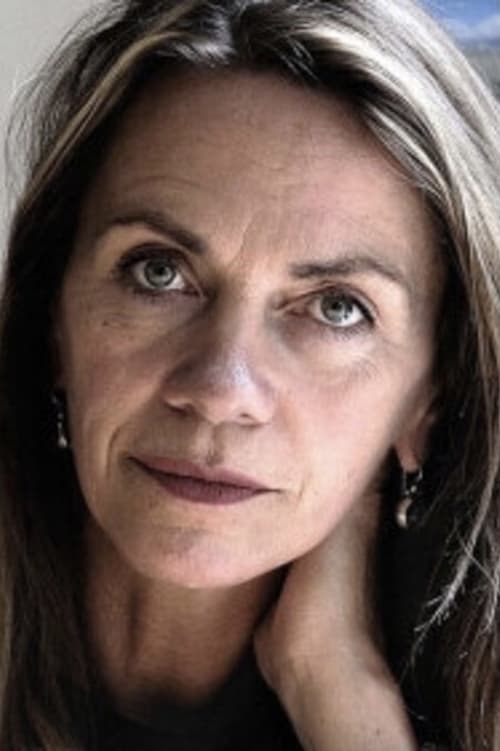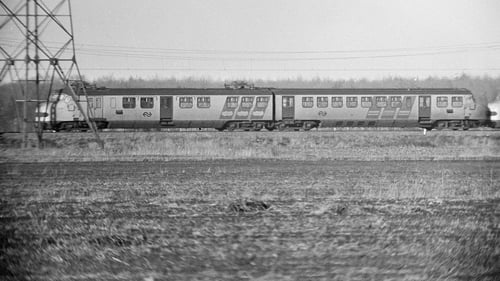Marlies Heuer
出生 : 1952-12-19, Netherlands
略歴
Marlies Heuer (December 19, 1952) is a Dutch actress. She is the daughter of actor Ben Heuer and the sister of actress Cecile Heuer. In the early 1970s, Heuer trained at the drama school in Amsterdam. In 1991 Heuer was awarded an Albert van Dalsum Prize for the production Happened in Turin. Seven years later she received a Theo d'Or for her performance as Hedda in the play Hedda Gabler. In 2012 she again received the Theo d'Or, this time for her role in Am Ziel by Toneelschuur Producties. At the moment Heuer also teaches at the drama school in Amsterdam.
Description above from the Wikipedia article Marlies Heuer, licensed under CC-BY-SA, full list of contributors on Wikipedia.




